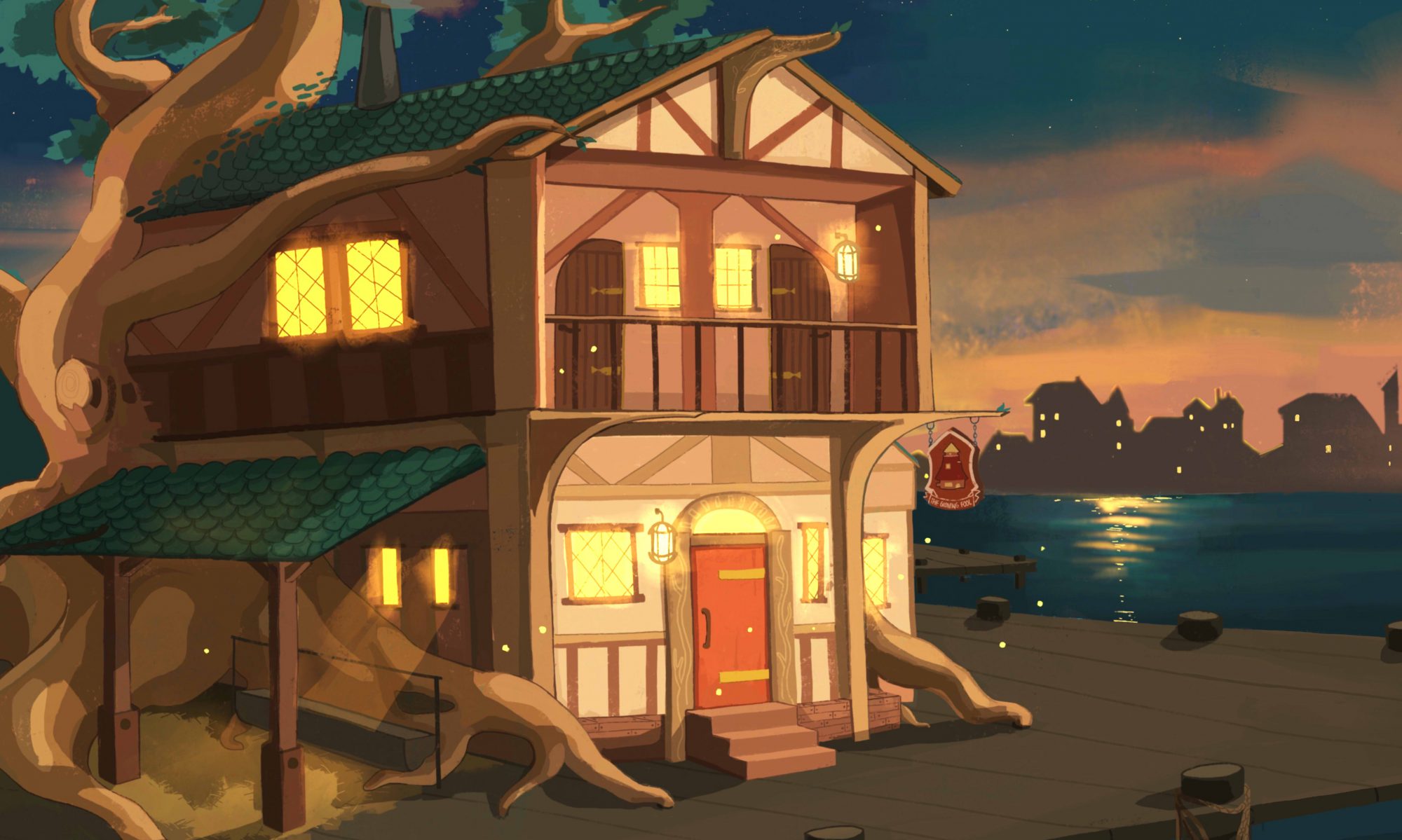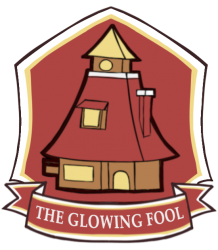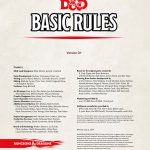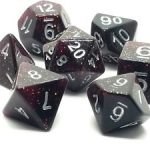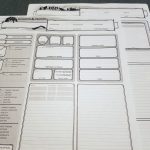Welcome to the wonderful (and crazy!) world of Dungeons & Dragons!
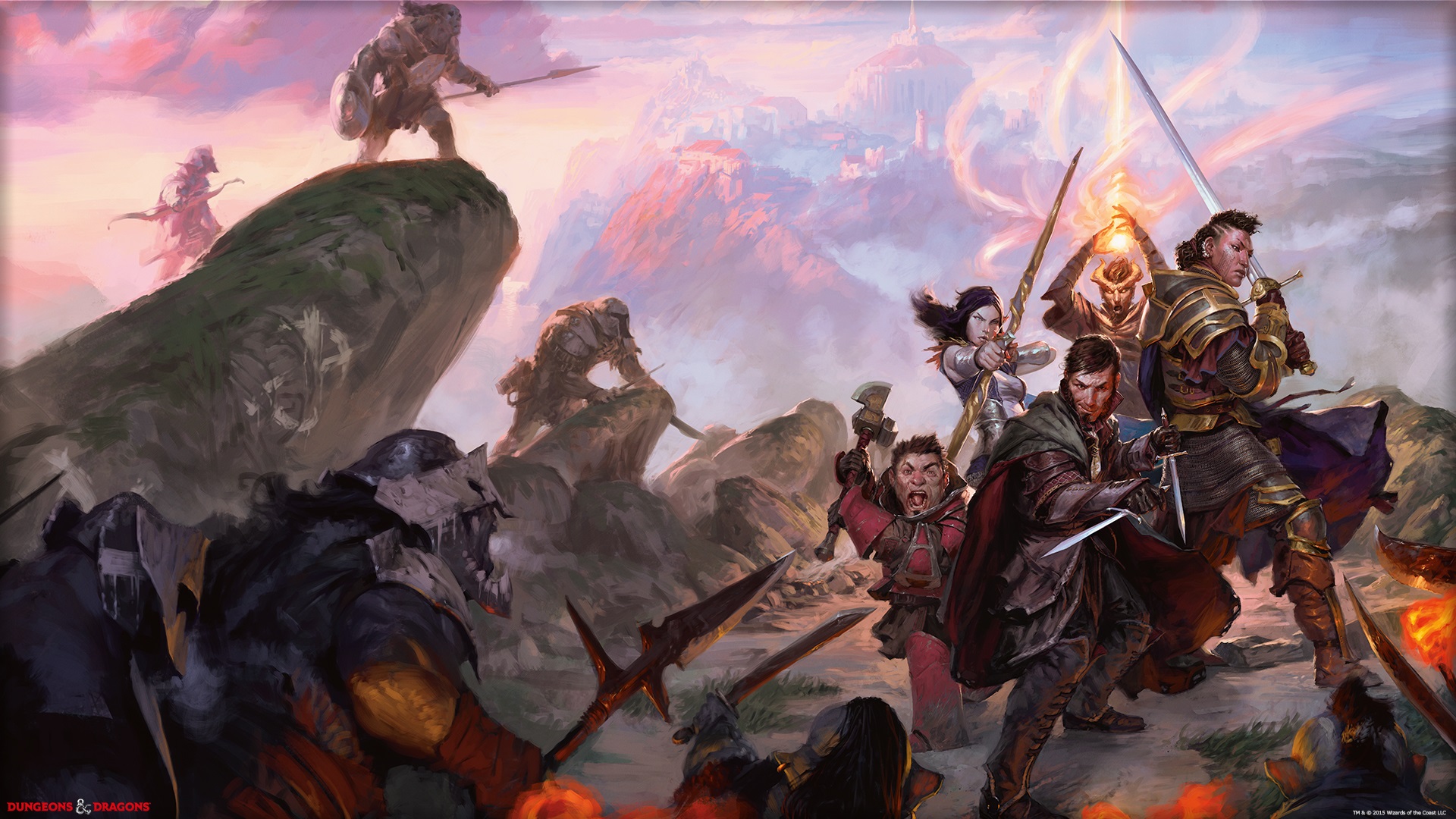
So odds are that you’ve landed on this page because you’ve attended one of the D&D sessions that we’ve organized, and are keen to learn a bit more about this wonderful hobby of ours. If you just happen to stumble upon this page (for whatever reason), then Welcome! all the same. The Glowing Fool takes all comers.
The purpose of this entry is to act as a sort of “Getting Started” guide for anyone interested in Dungeons & Dragons. But to be perfectly honest with you, a lot (and I mean a lot) of people have already created some really great resources and videos that act as wonderful introductions into this beautiful hobby of ours. Here’s a few of them:
- Welcome to Dungeons and Dragons! — Matt Colville
- Dungeons & Dragons, explained — Vox
- Dude, What the hell is Dungeons and Dragons? — The Inner Gamer
If you’re still here, why, thank you (but seriously, what are you still doing here?). Here’s our primer on D&D.
What is D&D?
D&D can best be described as “cooperative storytelling”. It’s a group of people, coming together around a table, and weaving this epic story of fortune, glory, and adventure! Unlike most hobbies these days, D&D is a completely low-tech one. Phones, computers, or any sort of technology invented within the last 200 years aren’t really necessary (but they are convenient to have). All you really need, is some dice, a pen, paper, and your imagination.
Ok, I may have just lost some of you there. Let’s break this down.
How the game is played
The game is typically played with groups of 4–7 players. One player volunteers to be the Dungeon Master (DM), while the rest of the players are, players. Each player comes up with a character. Someone that can represent them in the game world. This character can be as fantastical as you want them to be. Do you want to be a high-flying Elf Archer like Legolas? Go for it. Do you want to be an skilled Wizard weaving magical spells and effects ala Harry Potter? That’s entirely doable. Or maybe you just want to be an unstoppable beacon of hope and justice like Wonder Woman? The world is your oyster, and the possibilities, endless.
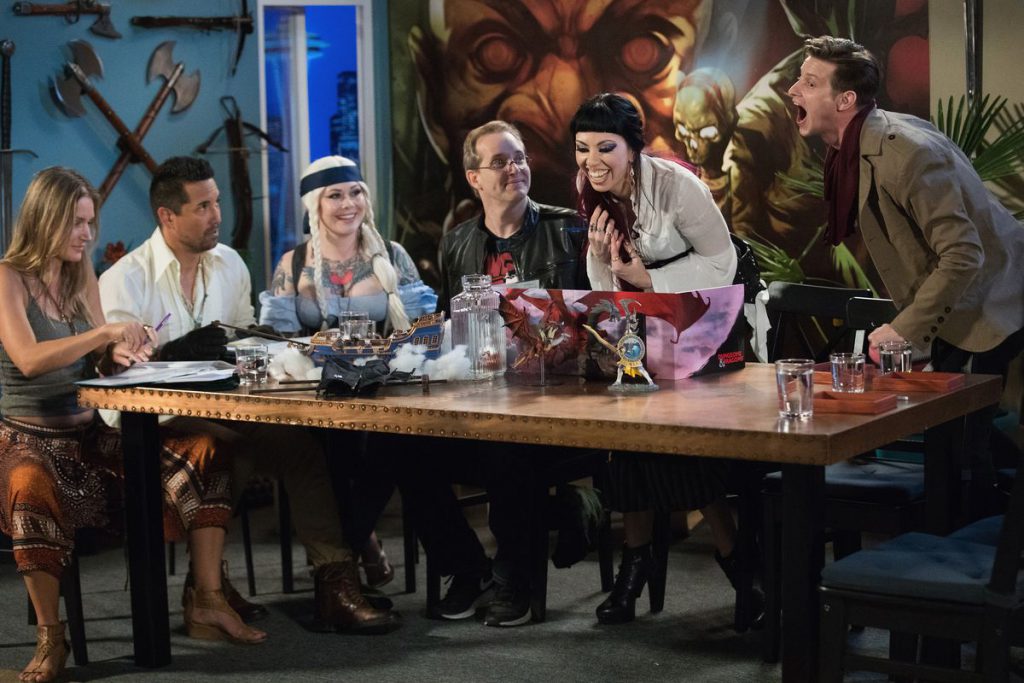
The player characters then come together to form an adventuring party in the world that the DM creates. The DM then comes up with the world, populates it with people (Non-Player Characters, NPCs), and puts forth the quests and challenges that the players will seek to overcome. All of this comes together to form that epic shared story that everyone around the table is trying to achieve. The main thing that differentiates D&D from other video games (like, Skyrim, The Witcher, or Dragon Age), is the freedom of choice. In video games, the number of options a player has is limited by the number of options that they are given by the video game’s programmers. If the programmer only programmed 3 different options to be possible, then those 3 options (or decisions) are all the player is capable of doing. This is not the case in D&D. Since the “game engine” is another human being (the DM), they could potentially react to any/all ideas that the player comes up with, and (hopefully) take it in stride.
Dice, numbers, and rules are used to bring some order to the creative chaos that unfolds. We here at the Glowing Fool prefer using the 5th Edition rules for Dungeons and Dragons. You can find a free copy of the basic rules here.
This is by no means an exhaustive explanation of what D&D is, and for a more detailed description, I would encourage you to check out the links I mentioned earlier.
The Tools of the Trade
Here are some of the essential things you’ll need to get started playing:
- Dice
- The Basic Rules
- Pen and Paper
So other than getting a group together, the only real tools you would need to get started is a copy of the Basic Rules for D&D 5th Edition (the latest iteration), as well as some dice. Thankfully the rules are easy to access. Wizards of the Coast (the publishers of D&D) have a copy of the basic rules on their website for free to anyone interested in downloading them (they also provide PDFs of the character sheets). The basic rules can be thought of as a “lite” or “trial” version of the full rule sets that you can purchase.
Official online tools like DnDBeyond can also be used in lieu of the traditional “paper” to create your character and lookup rules (they have a version of the free basic rules on their platform). You may also want to look into the “Handbooker Helper” series by Critical Role for bite-sized videos on the rules.
As for dice, you should be able to find physical dice at any of your local game stores. Or use any number of digital dice apps available on mobile app stores. From here you’re all set for the DM to start preparing an adventure for all of you to be on your merry way.
Dungeons and Dragons content
If you need inspiration, there are a plethora of “real-play” D&D shows that you can use to draw inspiration from. Although, my personal recommendation will always be for Critical Role. Feel free to reach out to any of the online communities if you need any help. Including ours!
Welcome to the wonderful world of D&D adventurers! We hope you’ll enjoy your stay.
Earl is what you would call a Dungeons & Dragons addict. He watches D&D shows, prowls the D&D forums, and basically lives, breathes, and eats D&D (It’s no joke, he literally listens to the D&D Podcast while eating). He likes to be thought of as the “lead fool” as he guides us all through the silliness of D&D.
For his day-job. Earl is an ERP Consultant with the Nomura Research Institute (NRI). He is also a Shaper with the Global Shapers: Hong Kong Hub.
